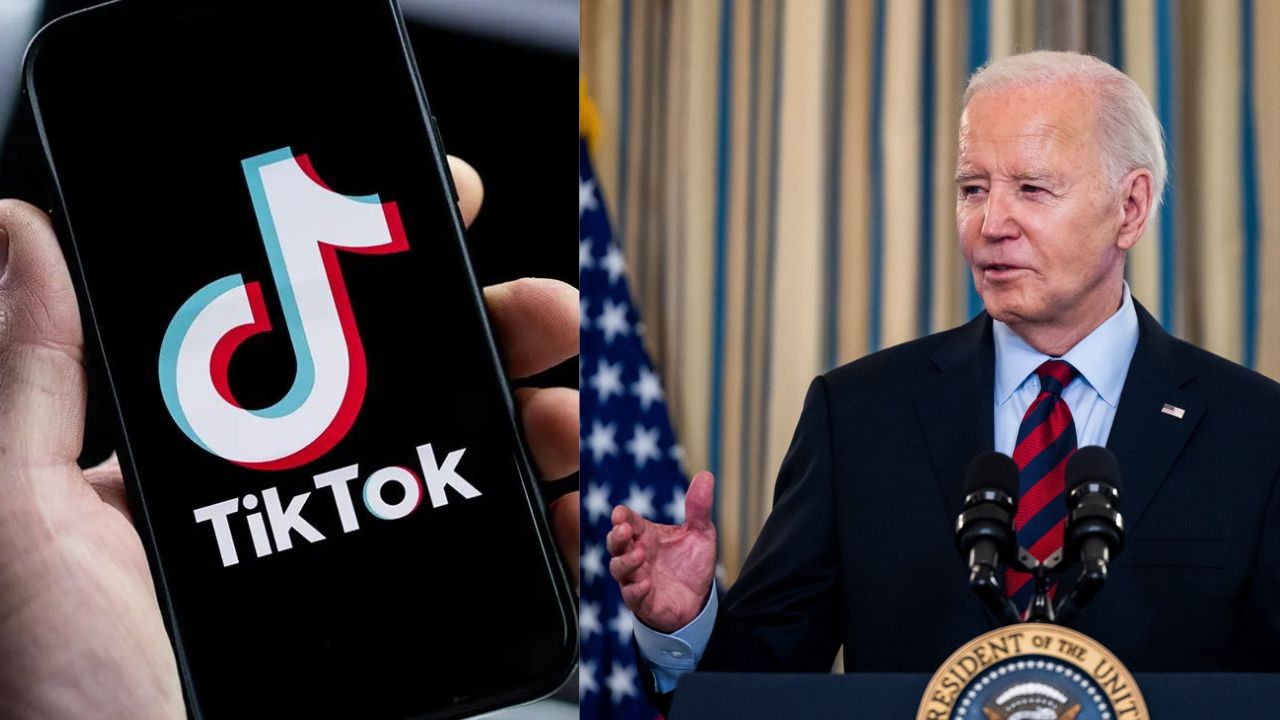The legislation aimed at potentially banning TikTok in the United States unless ByteDance sells its stake in the social media platform is swiftly advancing in the House, with a vote anticipated for Wednesday morning. House Majority Leader Steve Scalise, a Republican from Louisiana, expressed confidence in the bill’s passage.
Lawmakers have repeatedly focused on TikTok, seeking to impose limitations on the app due to concerns that the Chinese government might compel ByteDance to surrender the data of its 170 million American users. They argue that such concerns are justified given Chinese national security statutes mandating cooperation with intelligence efforts. Despite TikTok’s denials, asserting that it cannot be exploited by the Chinese government for surveillance of Americans, lawmakers remain vigilant.
The House expedited the bill, titled the Protecting Americans from Foreign Adversary Controlled Applications Act, bypassing the Rules Committee and presenting it under a procedure mandating two-thirds support for passage, signaling broad bipartisan backing.
President Biden has pledged to endorse the legislation, which mandates ByteDance to divest TikTok within six months, failing which the app would face a ban from U.S. app stores and web-hosting services.

FBI Director Christopher Wray cautioned members of the House Intelligence Committee on Tuesday, urging Americans to contemplate whether they are comfortable granting the Chinese government control over their data access and the information they receive via recommendation algorithms. He added that Chinese government intervention could compromise American devices through software.
Last year, China’s Ministry of Commerce declared its firm opposition to the compelled sale of TikTok. ByteDance did not respond to requests for comment. Liu Pengyu, spokesperson for the Chinese Embassy in Washington, accused the U.S. of conducting a disinformation campaign aimed at undermining the company’s operations.
Liu stated in a declaration that the U.S. has failed to provide concrete evidence to substantiate alleged threats posed by TikTok to national security, urging the U.S. to establish an open, fair, and unbiased business environment for companies from all nations operating within its borders.
According to Agence France-Presse, Chinese Foreign Ministry spokesperson Wang Wenbin emphasized prior to Wednesday’s vote that such bullying tactics, incapable of prevailing in fair competition, disrupt normal business operations, undermine international investor confidence in the investment climate, and disrupt the standard international economic and trade order. Ultimately, this behavior is likely to backfire on the United States itself. Nevertheless, it remains uncertain whether the bill’s passage in the House would signify the commencement of TikTok’s exit from the U.S. Attempts to implement a widespread ban on the platform have encountered obstacles due to disagreements over regulatory measures, concerns regarding freedom of speech, and legal disputes.

